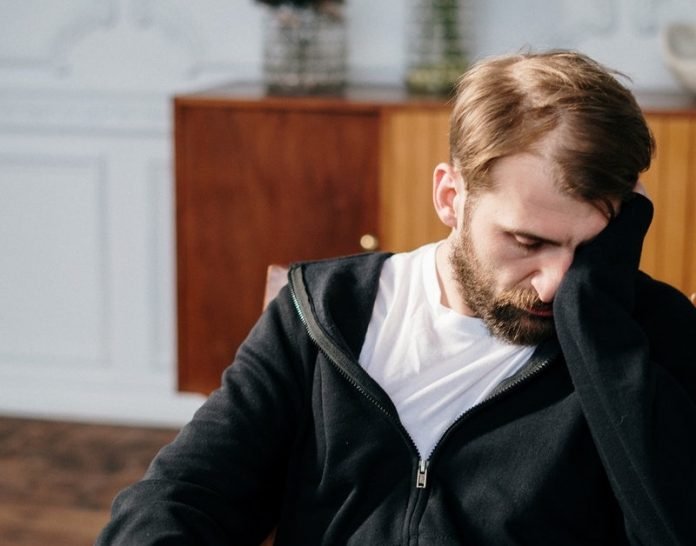
Decades of research show that depression, stress, loneliness, and poor health behaviors can weaken the body’s immune system and lower the effectiveness of certain vaccines.
In a new study, researchers found that the same may be true for the new COVID-19 vaccines that are in development and the early stages of global distribution.
Fortunately, it may be possible to reduce these negative effects with simple steps like exercise and sleep.
The research was conducted by a team at Ohio State University.
Vaccines are among the safest and most effective advances in medical history, protecting society from a wide range of otherwise devastating diseases, including smallpox and polio.
The key to their success, however, is ensuring that a critical percentage of the population is effectively vaccinated to achieve so-called herd immunity.
Even though rigorous testing has shown that the COVID-19 vaccines approved for distribution in the United States are highly effective at producing a robust immune response, not everyone will immediately gain their full benefit.
Environmental factors, as well as an individual’s genetics and physical and mental health, can weaken the body’s immune system, slowing the response to a vaccine.
This is particularly troubling as the novel coronavirus continues to rage across the world, trigging a concurrent mental health crisis as people deal with isolation, economic stressors, and uncertainty about the future.
These challenges are the same factors that have been previously shown to weaken vaccine efficacy, particularly among the elderly.
In addition to the physical toll of COVID-19, the pandemic has an equally troubling mental health component, causing anxiety and depression, among many other related problems.
Emotional stressors like these can affect a person’s immune system, impairing their ability to ward off infections.
This study sheds light on vaccine efficacy and how health behaviors and emotional stressors can alter the body’s ability to develop an immune response.
The trouble is that the pandemic in and of itself could be amplifying these risk factors.
In the study, the team focused most heavily on the antibody response, though it is just one facet of the adaptive immune system’s response.
The good news, according to the researchers, is that the COVID-19 vaccines already in circulation are approximately 95% effective.
Even so, these psychological and behavioral factors can lengthen the amount of time it takes to develop immunity and can shorten the duration of immunity.
But it’s possible to do some simple things to maximize the vaccine’s initial effectiveness.
One strategy the researchers suggest is to engage in vigorous exercise and get a good night’s sleep in the 24 hours before vaccination so that your immune system is operating at peak performance.
This may help ensure that the best and strongest immune response happens as quickly as possible.
One author of the study is Annelise Madison.
The study is published in Perspectives on Psychological Science.
Copyright © 2021 Knowridge Science Report. All rights reserved.



